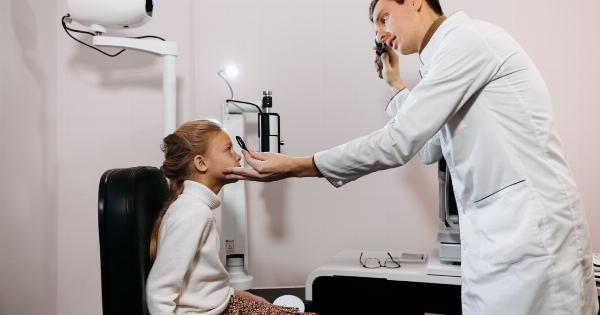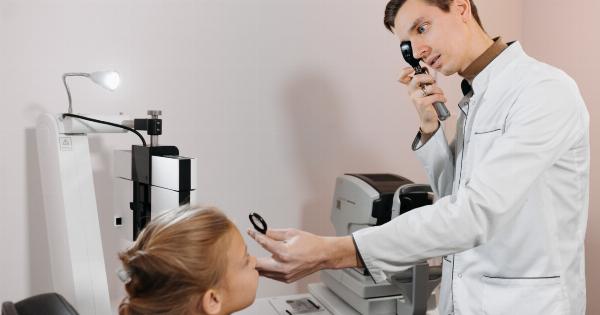We often hear the phrase, “Age is just a number.” While it’s true that age should not define us, it is still fascinating to uncover our true age, regardless of the number of birthdays we have celebrated.
Thanks to advancements in science and technology, several tests can now provide insights into our biological age, which may differ from our chronological age. In this article, we will explore some of the most popular tests that can reveal your true age.
1. Telomere Length Analysis
Telomeres are the protective caps at the end of our chromosomes. They naturally shorten as we age. Telomere length analysis measures the length of these protective caps, providing an indication of biological aging.
Longer telomeres can suggest a younger biological age, while shorter telomeres may be an indication of advanced aging.
2. DNA Methylation Testing
DNA methylation is an epigenetic modification that affects gene expression. By analyzing patterns of DNA methylation, scientists can estimate biological age accurately.
This method compares the DNA methylation patterns of an individual to known patterns associated with chronological age, providing a reliable estimate of their biological age.
3. Hormone Level Analysis
As we age, our hormone levels often change. Hormone level analysis, especially for hormones like DHEA, melatonin, and testosterone, can provide insight into our biological age.
Higher levels of certain hormones associated with youthfulness can indicate a younger biological age.
4. Bone Density Scan
Our bones tend to weaken as we grow older. A bone density scan, like a DEXA scan, measures the density of our bones and compares it to the average density for our chronological age group.
If your bone density is above average, it may suggest a younger biological age.
5. Grip Strength Test
Hand grip strength is considered a reliable indicator of overall muscle strength and physical function. People with stronger grip strength tend to have healthier and more youthful bodies, even if their chronological age is higher.
A grip strength test can provide insights into your true age and overall physical well-being.
6. Cardiovascular Fitness Assessment
Cardiovascular fitness is crucial for maintaining overall health and vitality. An assessment of your cardiovascular fitness level through exercises like VO2 max testing or a treadmill stress test can provide insights into your biological age.
Higher fitness levels often correspond to a younger biological age.
7. Memory and Cognitive Tests
Our mental abilities can also provide clues about our true age. Memory and cognitive tests, such as the Mini-Mental State Examination (MMSE), assess your cognitive function, memory retention, and information processing speed.
A better performance on these tests compared to your chronological age group may suggest a younger biological age.
8. Skin Elasticity Measurement
Our skin changes as we age, losing its elasticity and developing wrinkles. Various devices can measure the elasticity of your skin, providing insights into your biological age. Higher skin elasticity often suggests a younger biological age.
9. Eye Examination
Changes in vision are common as we age. An eye examination, including tests like visual acuity and retinal imaging, can assess the health and overall condition of your eyes.
Healthy eyes with minimal age-related changes can suggest a younger biological age.
10. Epigenetic Clock Analysis
Epigenetic clocks analyze DNA methylation patterns to estimate biological age accurately.
These tests measure the “epigenetic age” based on specific DNA methylation marks and can provide a detailed breakdown of your true age at the cellular level.
While these tests can reveal fascinating insights into your true age, it is important to remember that age is just one aspect of our overall well-being.
Regardless of the results, the key is to maintain a healthy lifestyle, engage in regular exercise, eat a balanced diet, and nurture a positive mindset. After all, age truly is just a number.



























